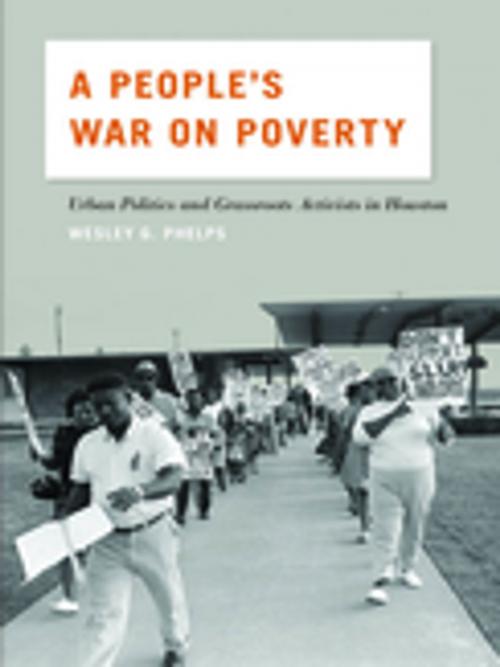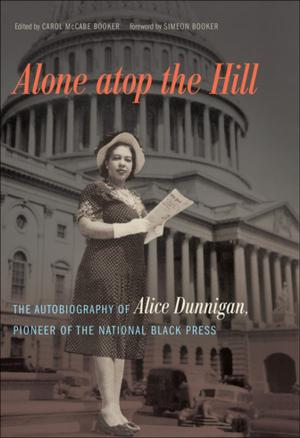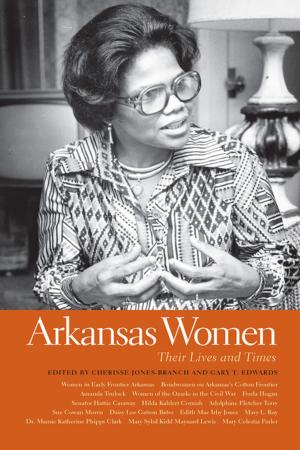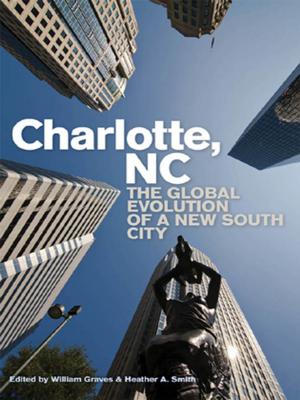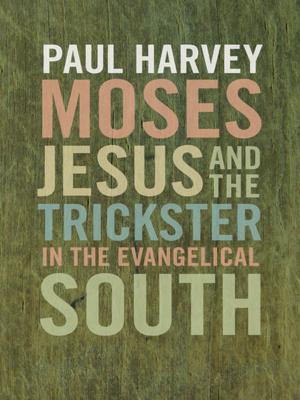A People's War on Poverty
Urban Politics, Grassroots Activists, and the Struggle for Democracy in Houston, 1964-1976
Nonfiction, Social & Cultural Studies, Political Science, Politics, Social Services & Welfare, History, Americas, United States, 20th Century, Social Science, Sociology| Author: | Wesley G. Phelps | ISBN: | 9780820346724 |
| Publisher: | University of Georgia Press | Publication: | March 15, 2014 |
| Imprint: | University of Georgia Press | Language: | English |
| Author: | Wesley G. Phelps |
| ISBN: | 9780820346724 |
| Publisher: | University of Georgia Press |
| Publication: | March 15, 2014 |
| Imprint: | University of Georgia Press |
| Language: | English |
In A People’s War on Poverty, Wesley G. Phelps investigates the on-the-ground implementation of President Lyndon Johnson’s War on Poverty during the 1960s and 1970s. He argues that the fluid interaction between federal policies, urban politics, and grassroots activists created a significant site of conflict over the meaning of American democracy and the rights of citizenship that historians have largely overlooked. In Houston in particular, the War on Poverty spawned fierce political battles that revealed fundamental disagreements over what democracy meant, how far it should extend, and who should benefit from it. Many of the program’s implementers took seriously the federal mandate to empower the poor as they pushed for a more participatory form of democracy that would include more citizens in the political, cultural, and economic life of the city.
At the center of this book are the vitally important but virtually forgotten grassroots activists who administered federal War on Poverty programs, including church ministers, federal program volunteers, students, local administrators, civil rights activists, and the poor themselves. The moderate Great Society liberalism that motivated the architects of the federal programs certainly galvanized local antipoverty activists in Houston. However, their antipoverty philosophy was driven further by prophetic religious traditions and visions of participatory democracy and community organizing championed by the New Left and iconoclastic figures like Saul Alinsky. By focusing on these local actors, Phelps shows that grassroots activists in Houston were influenced by a much more diverse set of intellectual and political traditions, fueling their efforts to expand the meaning of democracy. Ultimately, this episode in Houston’s history reveals both the possibilities and the limits of urban democracy in the twentieth century.
In A People’s War on Poverty, Wesley G. Phelps investigates the on-the-ground implementation of President Lyndon Johnson’s War on Poverty during the 1960s and 1970s. He argues that the fluid interaction between federal policies, urban politics, and grassroots activists created a significant site of conflict over the meaning of American democracy and the rights of citizenship that historians have largely overlooked. In Houston in particular, the War on Poverty spawned fierce political battles that revealed fundamental disagreements over what democracy meant, how far it should extend, and who should benefit from it. Many of the program’s implementers took seriously the federal mandate to empower the poor as they pushed for a more participatory form of democracy that would include more citizens in the political, cultural, and economic life of the city.
At the center of this book are the vitally important but virtually forgotten grassroots activists who administered federal War on Poverty programs, including church ministers, federal program volunteers, students, local administrators, civil rights activists, and the poor themselves. The moderate Great Society liberalism that motivated the architects of the federal programs certainly galvanized local antipoverty activists in Houston. However, their antipoverty philosophy was driven further by prophetic religious traditions and visions of participatory democracy and community organizing championed by the New Left and iconoclastic figures like Saul Alinsky. By focusing on these local actors, Phelps shows that grassroots activists in Houston were influenced by a much more diverse set of intellectual and political traditions, fueling their efforts to expand the meaning of democracy. Ultimately, this episode in Houston’s history reveals both the possibilities and the limits of urban democracy in the twentieth century.
